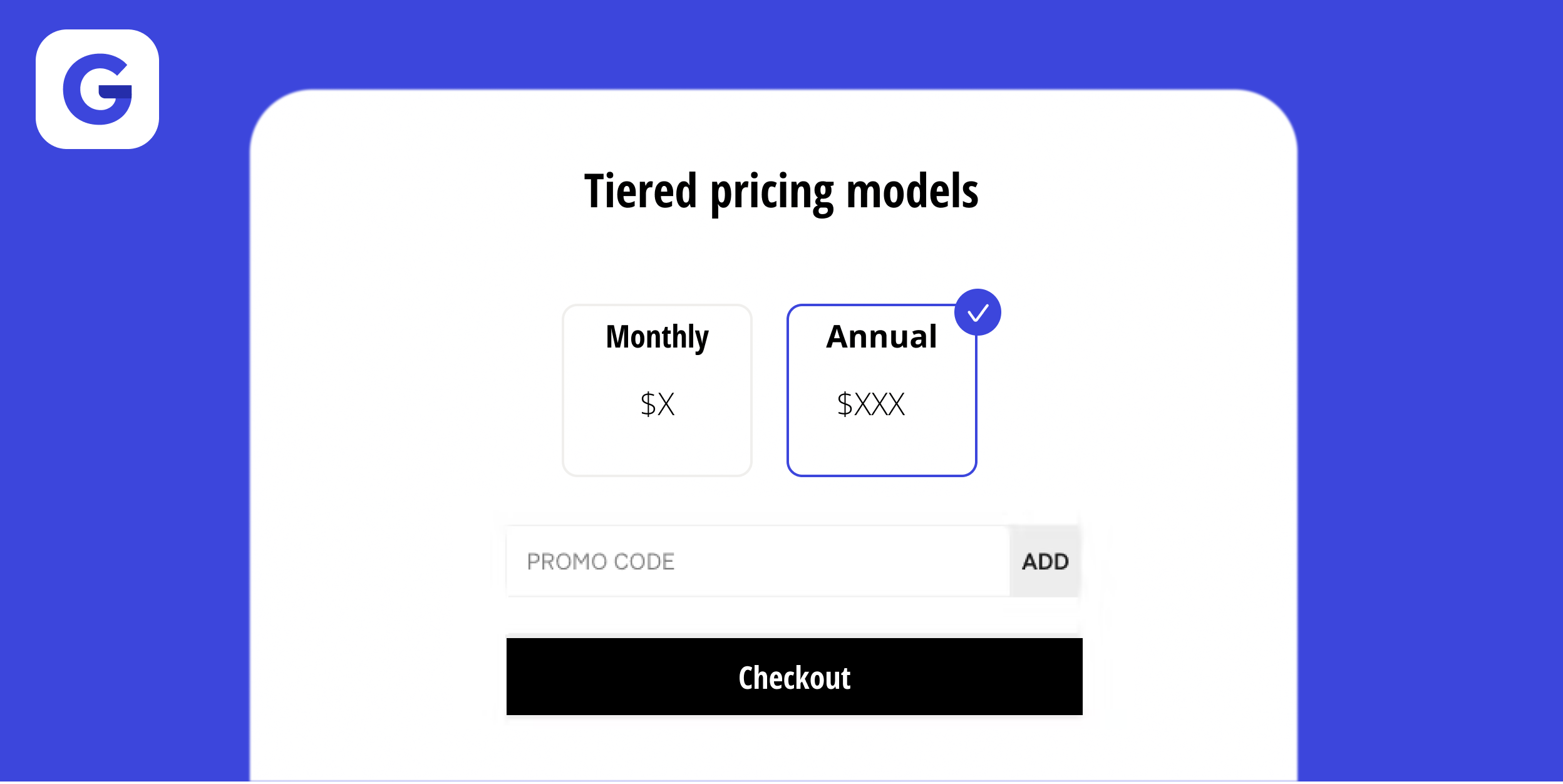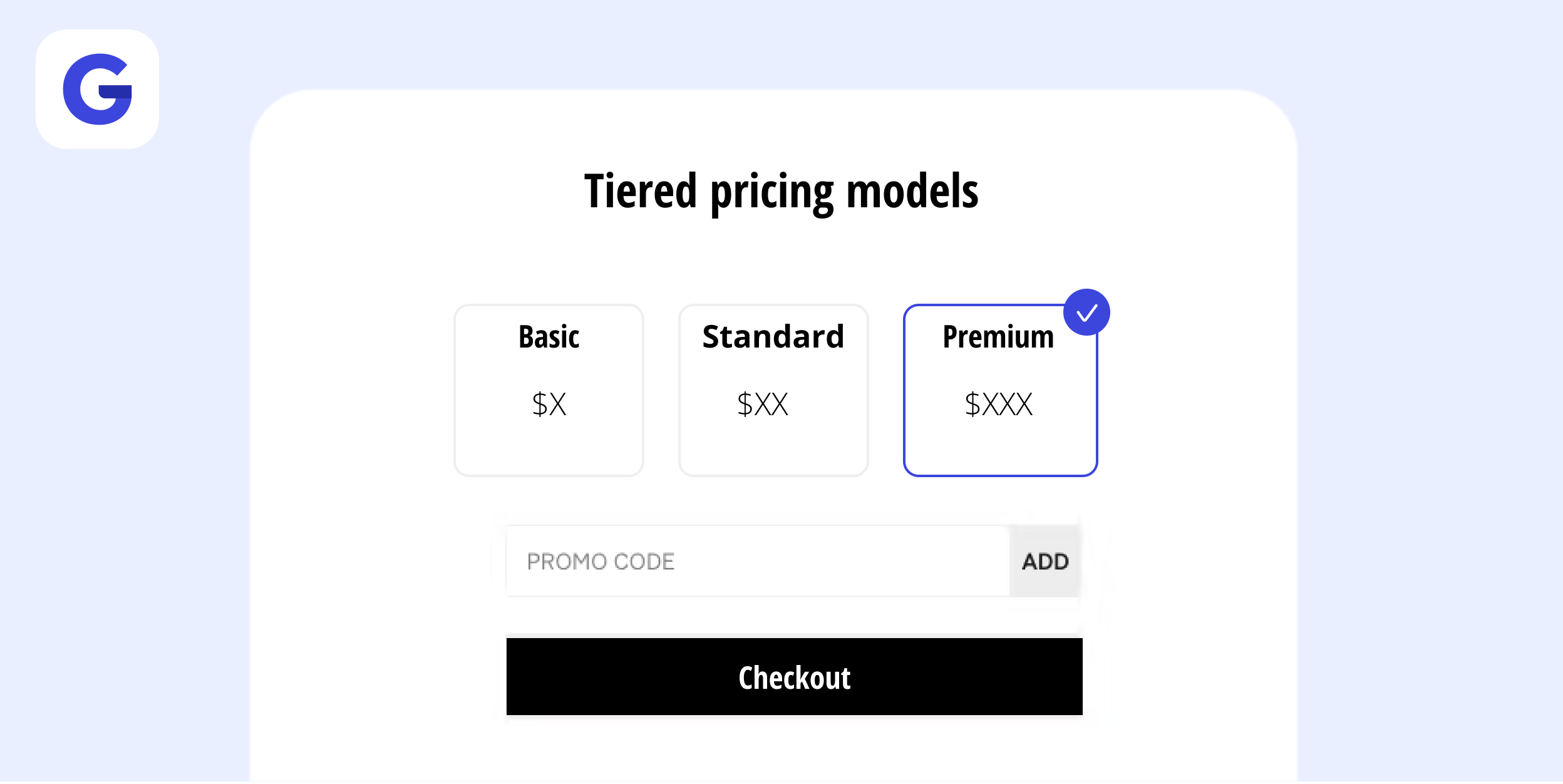
The Complete Guide to Recurring Payments for Businesses
Recurring payments are a convenient and efficient way for businesses to collect payments from customers. They can also help businesses improve customer retention and build trust. In this blog post, we'll discuss what recurring payments are, how they work, and the benefits and drawbacks of using them. What are recurring payments? A recurring payment is a payment that is automatically processed on a regular basis. This could be weekly, monthly, quarterly, or even annually. Recurring payments ar
by Growpay
Recurring payments are a convenient and efficient way for businesses to collect payments from customers. They can also help businesses improve customer retention and build trust.
In this blog post, we'll discuss what recurring payments are, how they work, and the benefits and drawbacks of using them.
What are recurring payments?
A recurring payment is a payment that is automatically processed on a regular basis. This could be weekly, monthly, quarterly, or even annually. Recurring payments are often used for subscription services, memberships, and utility bills.
How do recurring payments work?
To accept recurring payments, businesses need to have a payment processor and a merchant account. The payment processor is the company that facilitates the payments, and the merchant account is a bank account that is specifically designed for accepting recurring payments.
When a customer signs up for a recurring payment, their payment information is stored with the payment processor. The payment processor then automatically processes the payments on the scheduled date.
Benefits of recurring payments
There are many benefits to using recurring payments for businesses. Here are a few of the most important ones:
- Convenience - Recurring payments make it easy for customers to pay for their subscriptions or memberships. They don't have to remember to make a payment each month, and they don't have to worry about late fees.
- Efficiency - Recurring payments save businesses time and money. They don't have to worry about chasing down late payments, and they can forecast their cash flow more accurately.
- Improved customer retention - Recurring payments can help businesses improve customer retention. Customers who are on a recurring payment plan are more likely to stay with your business because they don't have to worry about remembering to make a payment each month.
- Increased sales - Recurring payments can also help businesses increase sales. Customers who are on a recurring payment plan are more likely to purchase additional products or services from your business.
Drawbacks of recurring payments
There are a few drawbacks to using recurring payments. Here are a few of the most important ones:
- Fraud - Recurring payments can be more susceptible to fraud than one-time payments. This is because customers' payment information is stored with the payment processor, and this information could be stolen.
- Higher fees - Businesses typically pay higher fees for recurring payments than for one-time payments. This is because recurring payments are seen as a higher risk by payment processors.
- Customer dissatisfaction - Some customers may not like the idea of their payment information being stored with a third party. They may also be concerned about the possibility of fraud.
Recurring payments can be a great way for businesses to collect payments from customers. However, it's important to weigh the benefits and drawbacks before deciding whether or not to use them.
If you're considering using recurring payments, be sure to choose a reputable payment processor that has a good fraud prevention program. You should also make sure that your customers are aware of the risks involved with recurring payments.
Here are some tips for selecting a recurring payment provider:
- Consider your business needs - What type of recurring payments do you need to accept? Do you need to accept variable or fixed payments? Do you need to accept payments in multiple currencies?
- Compare fees - Recurring payment providers typically charge businesses a percentage of each transaction, as well as a flat fee per transaction. Compare the fees of different providers to find the one that offers the best value for your business.
- Look for a PCI compliant provider - PCI compliance is a security standard that protects businesses from credit card fraud. Make sure the recurring payment provider you choose is PCI compliant to protect your customers' data.
- Consider customer support - If you have any problems with your recurring payments, you'll need to be able to get help from the provider. Make sure the provider you choose offers good customer support.
- Read reviews - Before you choose a recurring payment provider, read reviews from other businesses. This will give you an idea of how well the provider performs and how satisfied their customers are.
Here are some of the most popular recurring payment providers:
- Chargebee - Chargebee is a recurring billing and subscription management platform that helps businesses of all sizes automate their billing and subscription management processes. Chargebee offers a variety of features to help businesses manage their recurring payments.
- Stripe - Stripe is a popular payment processor that offers a variety of features for recurring payments. Stripe is easy to use and integrates with many popular e-commerce platforms.
- PayPal - PayPal is another popular payment processor that offers recurring payments. PayPal is widely accepted and easy to use.
- Braintree - Braintree is a payment processor that specializes in recurring payments. Braintree is easy to use and offers a variety of features for businesses of all sizes.
- Adyen - Adyen is a global payment processor that offers recurring payments. Adyen is PCI compliant and offers a variety of features for businesses that process payments in multiple currencies.
Once you've considered your needs and compared different providers, you'll be able to choose the best recurring payment provider for your business. By following these tips, you can help ensure that your business benefits from using recurring payments.
About Growpay
Growpay is an online marketplace, helping simplify payment discovery for businesses worldwide. For more information, visit www.growpay.co.
Relevant Articles

Understanding Subscription Billing Solutions
Subscription billing has become increasingly popular in recent years, with more and more businesses adopting this model to offer their products or services. From streaming platforms to software companies, subscription-based business models have proven to be successful and profitable. However, managing subscription billing can be complex and time-consuming without the right solution in place. In this blog post, we will dive deep into the world of subscription billing solutions and explore why bu

Why Businesses Need Recurring Billing Software in 2024
In today's fast-paced business environment, businesses are constantly looking for ways to optimize their processes and improve their bottom line. One area where efficiency can be greatly enhanced is in billing and payment management. Recurring billing software offers a powerful solution for businesses that have recurring revenue streams, such as subscription-based services or membership programs. With the ability to automate invoicing, manage subscriptions, and integrate with multiple payment g

What is a Payment Gateway and Why Your Business Needs One
Any business that accepts cashless transactions needs a payment gateway. A payment gateway is a tool that captures card information and securely transfers payment data from a customer to the acquirer, and then transfers the payment acceptance or decline back to the customer. If approved, the funds transfer to your business account. Why do you need a payment gateway? A payment gateway is necessary to validate a customer’s card details securely, ensuring funds are available for the purchase — s